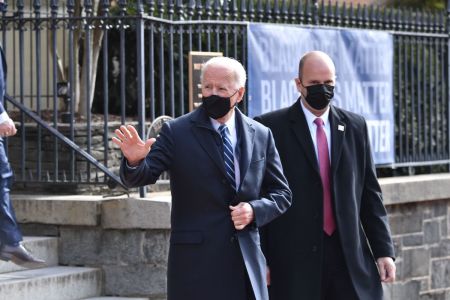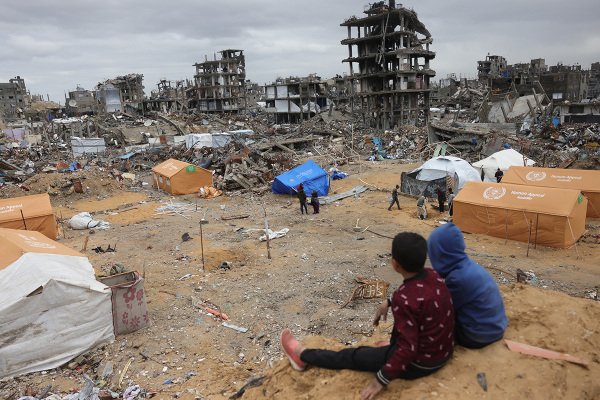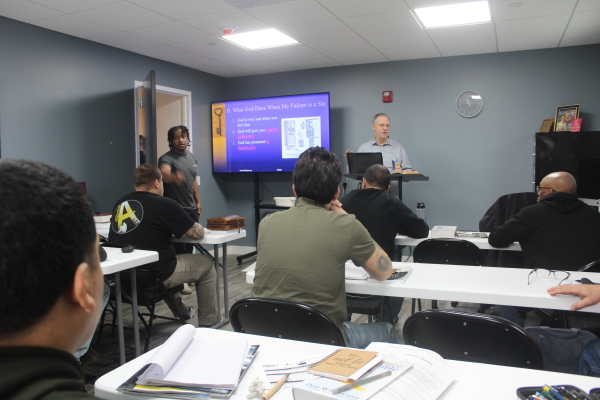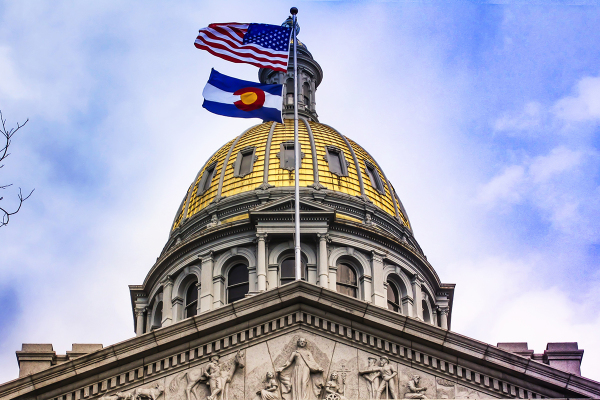Vatican weighs in on US bishops’ debate over denying communion to pro-abortion politicians

The Vatican sent a letter to the United States Conference of Catholic Bishops giving advice and warnings regarding a possible move by the American leadership to deny communion to pro-abortion Catholic politicians.
In recent times, there has been much debate within the Catholic Church about whether to deny communion to elected officials who support or advocate for abortion despite identifying as Catholic.
Cardinal Luis F. Ladaria, prefect of the Congregation for the Doctrine of the Faith of the Catholic Church, sent a letter to USCCB President Archbishop José H. Gomez on the issue, which was first reported by America magazine on Monday.
Ladaria warned that having a blanket policy to deny communion to pro-abortion politicians could present problems when seeking “to maintain unity” in the Church.
“… the formulation of a national policy was suggested during the ad limina visits only if this would help the bishops to maintain unity,” wrote Ladaria, as reported by America magazine.
“The congregation notes that such a policy, given its possibly contentious nature, could have the opposite effect and become a source of discord rather than unity within the episcopate and the larger church in the United States.”
The cardinal recommended that the bishops talk with politicians “within their jurisdiction who adopt a pro-choice position regarding abortion legislation, euthanasia, or other moral evils, as a means of understanding the nature of their positions and their comprehension of Catholic teaching.”
Following dialogue among themselves and the politicians, Ladaria explained that if they draft a document on the matter, it “would need to express a true consensus of the bishops on the matter, while observing the prerequisite that any provision of the conference in this area would respect the rights of individual ordinaries in their dioceses and the prerogatives of the Holy See.”
“… it would be misleading if such a statement were to give the impression that abortion and euthanasia alone constitute the only grave matters of Catholic moral and social teaching that demand the fullest accountability on the part of Catholics,” added Ladaria.
In June, the USCCB will hold a national meeting to consider a draft document that, if approved, would recommend that pro-abortion Catholic politicians be denied communion.
Even if the document is approved, however, it would only recommend the denial of the Eucharist, with local dioceses still being allowed to make their own rules on the issue.
Archbishop Salvatore J. Cordileone of California released a pastoral letter earlier this month in which he directly told pro-abortion Catholic politicians that they should not receive communion.
“Your Catholic ideals inspire you in your work to help those who experience discrimination, violence, and injustice, and you deserve the gratitude of your fellow Catholics and our nation for this service. But we cannot empower the weak by crushing the weakest,” wrote Cordileone.
“If you find that you are unwilling or unable to abandon your advocacy for abortion, you should not come forward to receive Holy Communion. To publicly affirm the Catholic faith while at the same time publicly rejecting one of its most fundamental teachings is simply dishonest.”
On the other hand, Bishop Robert McElroy of San Diego said in February that denying communion to Catholic officials over their support for abortion was a “very destructive” idea.
“I do not see how depriving the President of other political leaders of Eucharist based on their public policy stance can be interpreted in our society as anything other than the weaponization of Eucharist,” stated McElroy, as reported by CRUX Now.






















